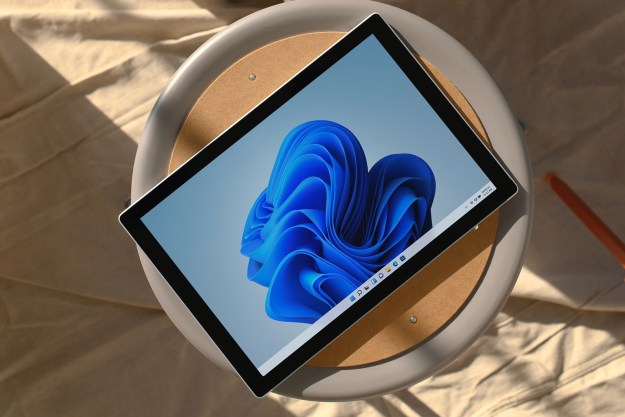Support for Windows 7 officially ends on January 14, 2020, but that date can now be postponed — provided you’re willing to pay. In a new blog post, Microsoft has announced that it will continue to offer IT support for Windows 7 in exchange for a monthly fee. This means that if you want to continue receiving security updates for Windows 7 then you’ll need to pay a monthly fee. Microsoft has announced the specific amount yet but has said that it will increase every year.
Doubtless, there are going to be some people who are going to be upset over having to pay in order to receive security updates. On the other hand, this does mean that those organizations who are reluctant to upgrade to Windows 10 will still have an alternative. At least until this promotion ends in 2023.
The blog post says that this extended service option will “be available to all Windows 7 Professional and Windows 7 Enterprise customers in Volume Licensing, with a discount to customers with Windows software assurance.” Based on that wording, we can reasonably assume that this means any individuals who have not upgraded to Windows 8 or 10 will need to do so if they want to continue to receive support and security updates from Microsoft.
Those who don’t want to pay for the extended support can, of course, continue to run Windows 7, but they will be at a higher risk of security vulnerabilities and other issues. Unfortunately, those who do want to upgrade to Windows 10 will have to pay a hefty price. The more affordable Windows 8 is no longer being sold and the free upgrade period for Windows 10 has expired.
It will be interesting to see how this extended support promotion plays out for Microsoft. Currently, more than 38 percent of computers worldwide run on Windows 7. It’s likely that there are going to be some organizations willing to pay for the extended support. On the other hand, there are probably plenty of people who have avoided upgrading due to the cost of the software upgrade. Given that this extended service must be purchased for each device in use, it is likely that some will find it more affordable to simply upgrade to Windows 10.
Editors' Recommendations
- Windows 11 may bring Live Tiles back from the dead — sort of
- Microsoft says 75% of office workers already use AI at work
- Scores of people are downgrading back to Windows 10
- Microsoft finally kills this legacy Windows app — for good this time
- Intel Battlemage graphics cards: release date speculation, price, specs, and more


